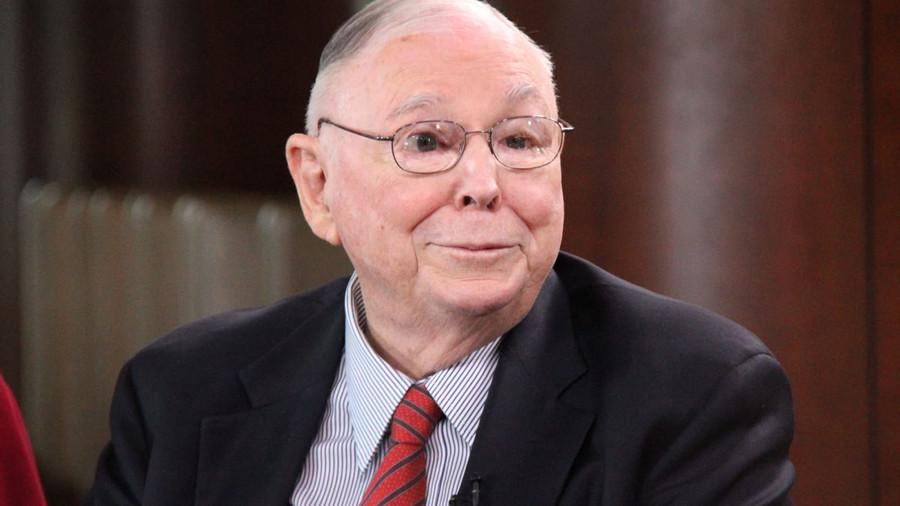“In my whole life, I have known no wise people (over a broad subject matter area) who didn’t read all the time — none. Zero.”
CHARLIE MUNGER
1.89K
19.5K reads
The idea is part of this collection:
Learn more about problemsolving with this collection
How to handle and learn from mistakes
The benefits of psychological safety in a workplace
The importance of empathy and active listening
Related collections
Similar ideas
How well you’re spending your time
Ask yourself:
- How much time am I wasting on things that give me zero fulfillment?
- Do I like my job?
- Do I like the people in my life?
You Don’t Have A Lot Of Time
When you’re young, you think you have an endless sea of time.
- How much time am I wasting on things that give me zero fulfillment?
- Do I like my job?
- Do I like the people in my life?
Reading For 15mins A Day
I know this one takes a bit longer but it’s worth it. As Jim Kwik says all the time, “Leaders are readers.” It’s not just leaders, it’s everybody who wants to live a better life. Whether you read fiction or non-fiction doesn’t matter. Bot...
Read & Learn
20x Faster
without
deepstash
with
deepstash
with
deepstash
Personalized microlearning
—
100+ Learning Journeys
—
Access to 200,000+ ideas
—
Access to the mobile app
—
Unlimited idea saving
—
—
Unlimited history
—
—
Unlimited listening to ideas
—
—
Downloading & offline access
—
—
Supercharge your mind with one idea per day
Enter your email and spend 1 minute every day to learn something new.
I agree to receive email updates




